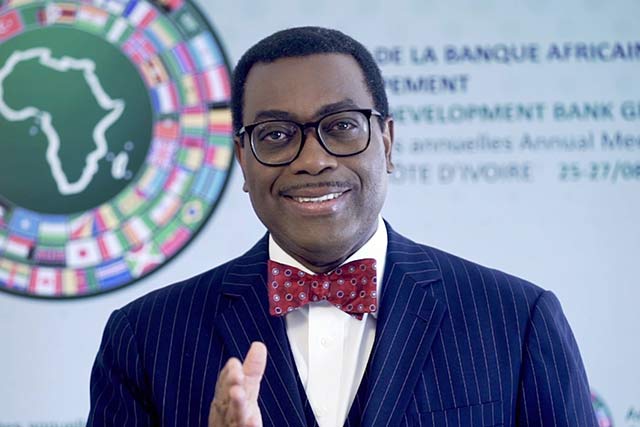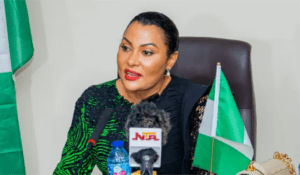
Conflict of interest hinders implementation of AfDB’s anti-corruption fund- AfDB President
The African Development Bank (AfDB) President, Akinwumi Adesina, says conflict of interest is hindering implementation of the bank’s anti-corruption fund.
Adesina, in an interview, said the bank established an anti-corruption fund of about 55 million dollars seven years ago, which had yet to be tapped into.
“The point is, we have the funds. However, when implementing that fund, we found that there were conflicts of interest on how the fund was set up.
“As president of the bank, I will not mingle with the bank’s funds.
“And we said, no, we cannot do that. We need to find a way to give that to third parties. The money is there, and the money is going to third parties.
“And just so you know, the AfDB was ranked in 2023 as the most transparent institution in the world,’’ he said.
Adesina restated that the bank had an independent anti-corruption unit that sanctions companies with non-competitive behaviour.
According to him, corruption is not unique to Africa, and there is no doubt about the need for improved governance, transparency, and accountability anywhere in the world.
He said to curb the challenge of corruption, the bank established a programme called SEGA, which centred on economic governance in Africa.
“It has to do with public financial management. It has to do with debt management. It has to do with reducing illicit capital flows.
“Now, I agree with you. Today, we have illicit capital flows out of Africa, which amounts to about 89 billion dollars annually. Sometimes, it is like pouring water into a basket, It needs to be able to hold it.
“But this much I will say, even as I agree with all of that, corruption is not unique to Africa,’’ he said.




